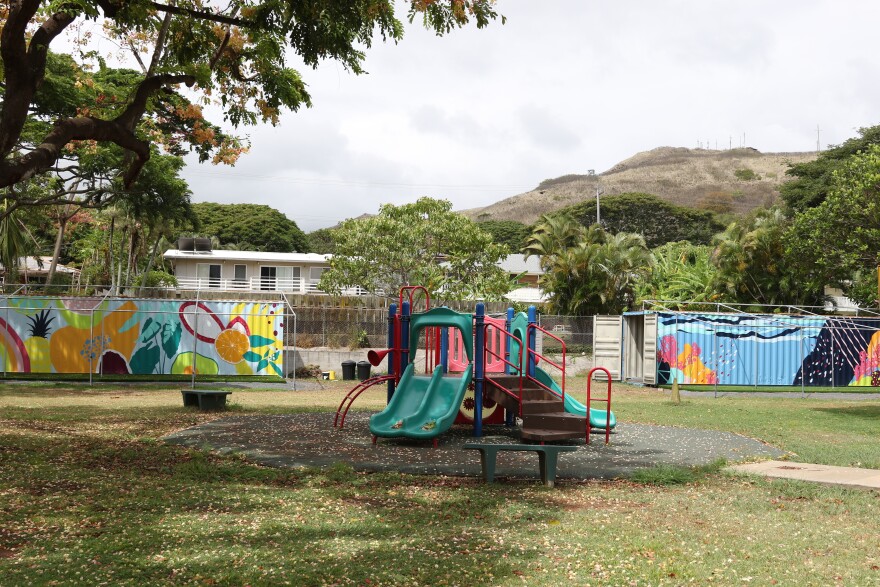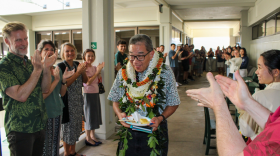A new national report from the Annie E. Casey Foundation ranked Hawaiʻi's keiki 25th in overall well-being.
The foundation's annual KIDS COUNT Data Book ranks states across 16 categories in education, health, community and economic security.
"In Hawaiʻi, we were about in the middle of the pack for the whole country," said Nicole Woo, policy director at the advocacy group Hawaiʻi Children’s Action Network.
The group helped compile local data for this year's report.
Woo said the state usually ranks high in the report’s health and education categories. This year, Hawaiʻi ranked 19th in education and 13th in health.
However, she said the state continues to struggle in one area.
"Children in Hawaiʻi are ranked 44th in economic security in the nation. And we often almost every year ranked very low in the 40s. But most of that is due to our housing costs, which I guess is no surprise to anyone. But in 2021, we ranked 49th in the nation in the amount of income that parents have to spend on housing," Woo said.
Another category the state usually excels in is the family and community category. But according to Woo, that can be misleading.
"The official national poverty line does not capture the level of poverty in Hawaiʻi, because it does not look at the cost of living, does not compare between the states," Woo added.
"So (the report) often shows that we have a lot fewer people in poverty than we know we actually do," she said.
This year’s report added a new section, which highlighted child care costs.
"The average cost of center-based child care for a toddler was $14,000 a year. That’s about 12% of the income of a typical married couple, or 35% of the income of a single mom in Hawaiʻi," Woo said.
In comparison, the in-state tuition for the University of Hawaiʻi at Mānoa is currently $11,300.
Expanding pre-K education and child care is a priority for both Gov. Josh Green and Lt. Gov. Sylvia Luke.
Woo notes that in order for the state to expand pre-K access, more needs to be done to support child care workers — many of whom she said are paid less than retail employees.






